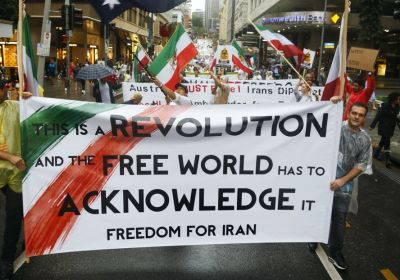
The streets rang out with chants of "Be our voice", "Woman, Life, Freedom" and "One solution: revolution" as thousands marched through Brisbane rain. Alex Bainbridge reports.

The streets rang out with chants of "Be our voice", "Woman, Life, Freedom" and "One solution: revolution" as thousands marched through Brisbane rain. Alex Bainbridge reports.
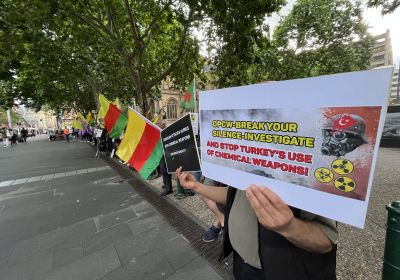
Shocking video footage was released on October 18, showing the painful death of two young Kurdish freedom fighters, who were among 17 people recently killed in a chemical weapons attack by Turkey, reports Peter Boyle.
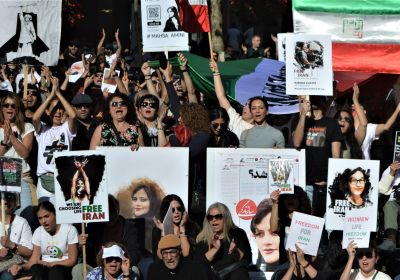
Marcel Cartier spoke to Communist Party of Iran leaders Marzieh Nazeri and Abbas Mansouran about the uprising that has been sweeping Iran for more than a month.
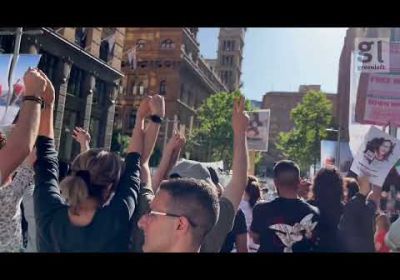
Hundreds at a rally in Martin Place were urged to keep organising solidarity actions with the feminist uprising in Iran that have now run for a month following the death in custody of Kurdish woman Jina/Zina Mahsa Amini. Peter Boyle reports.
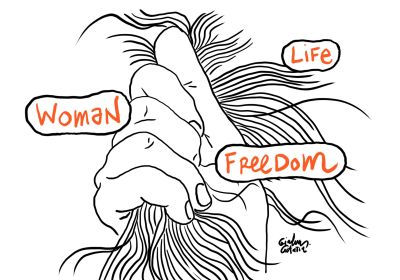
For the first time since the Islamic revolution, Iranians are united and are targeting the central pillars of the Islamic republic, including the concentration of power and authority in the hands of the ruling clergy, reports *Suzan Azadi.
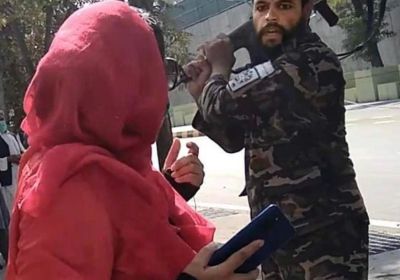
Susan Price spoke to a Hazara woman living in Kabul about the attack on Hazara school children, the protests and response by the Taliban.
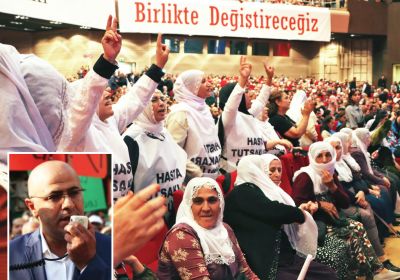
People’s Democratic Party (HDP) Foreign Affairs Commission co-spokesperson Hişyar Özsoy discusses Turkey’s growing international presence, domestic politics, and how the party is preparing for next June’s elections.
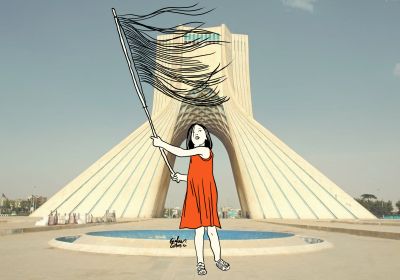
The uprising in Iran sparked by the murder of Mahsa (Jina) Amini continues to spread across the country and international support for the Iranian people's resistance to the regime is growing, reports Kerry Smith.

Following a blast in a predominantly Hazara majority area, which killed 43 and injured 82, women from the ethnic minority community demonstrated against the attacks, demanding the genocide end, reports Peoples Dispatch.

The uprising in Iran following the murder of Jina Mahsa Amini by the "morality police" has been going for 13 days. Dr Kamran Matin discusses the situation.
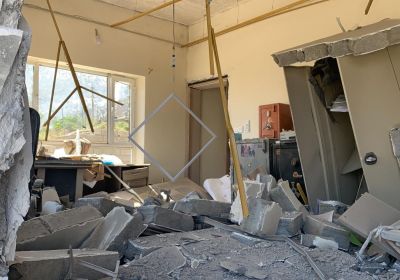
What began as a calm morning on on September 23 soon turned into a terrifying ordeal in the Kurdistan region of Iraq, when Iranian missiles rained down across the region, reports Marcel Cartier.
Nilüfer Koç discusses the country-wide protests against the torture and killing of Mahsa (Jina) Amini.